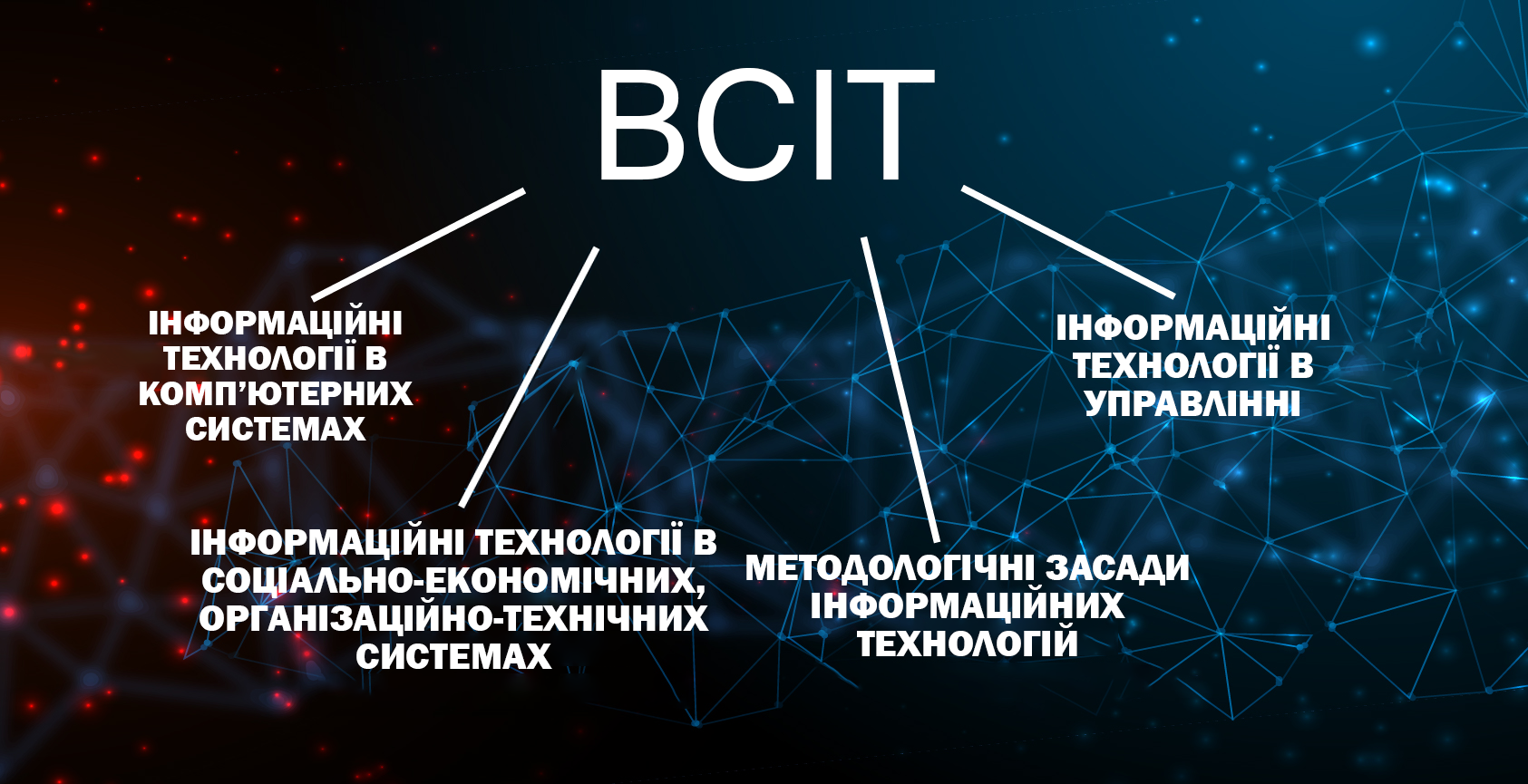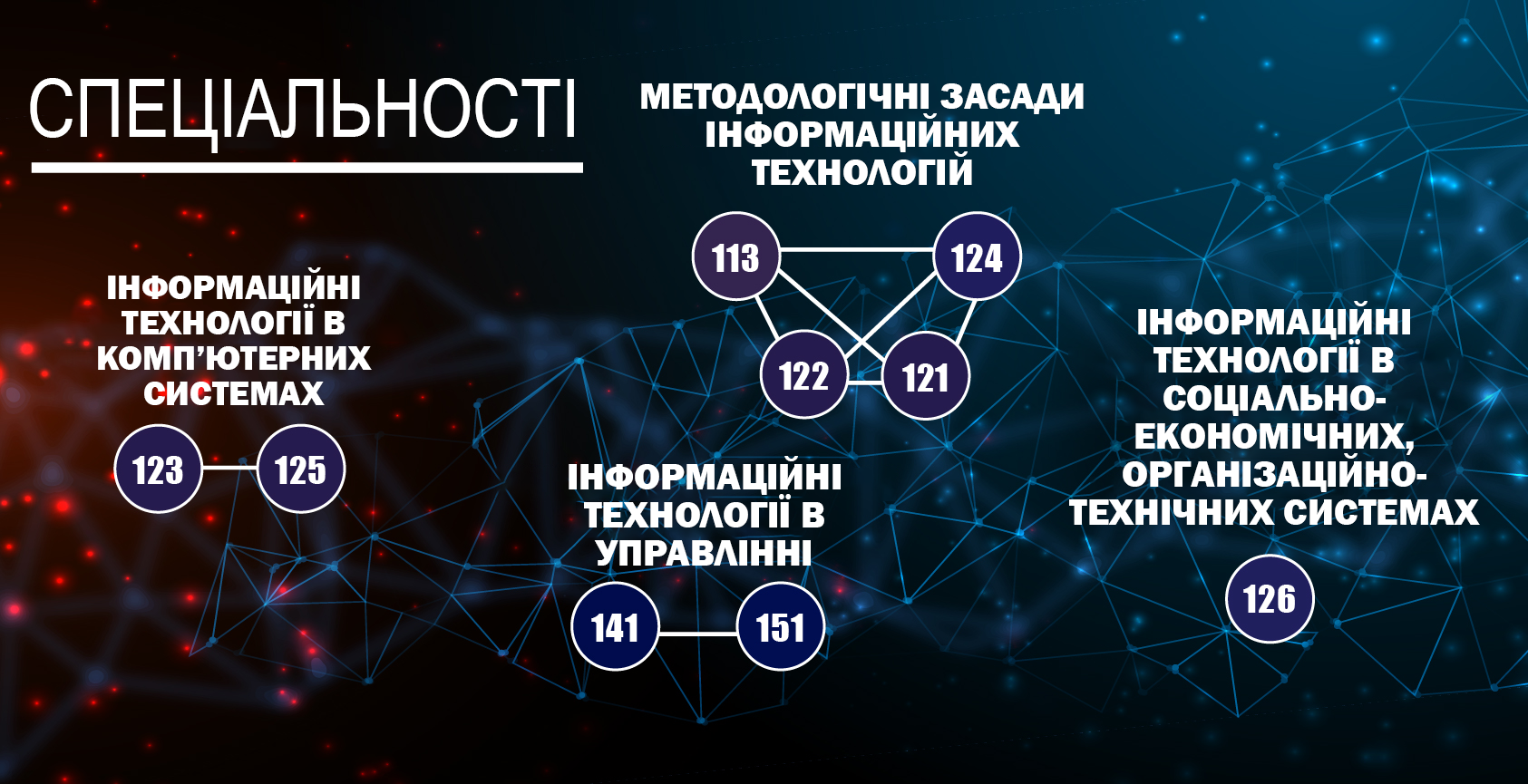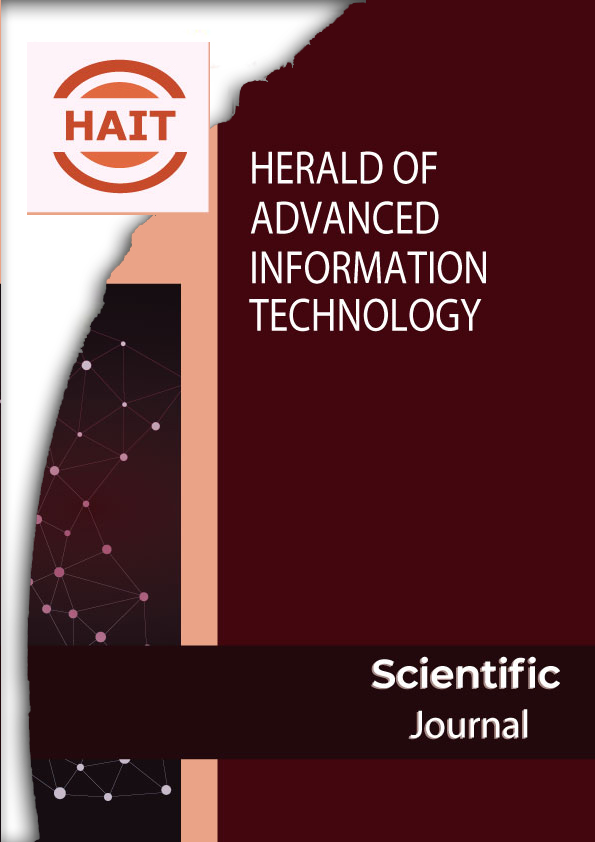![]() Адреса
Адреса
пр. Шевченка 1, м. Одеса, 65044, Україна
Національний університет «Одеська політехніка»
Редакція журналу ВСІТ (кімн. 5, корпус Фізики)
Основна контактна особа: +38(097)1347386; obbabiychuk@ukr.net
Адміністратор сайта: +38(063)9937234; it.laboratoriyas@gmail.com
Технічний редактор: +38(067)9390094; zinovatnayasvetlana@gmail.com
Відповідальний за технічний переклад та перевірку публікацій: +38(066)2027930; denys.natoptanyi@gmail.com











